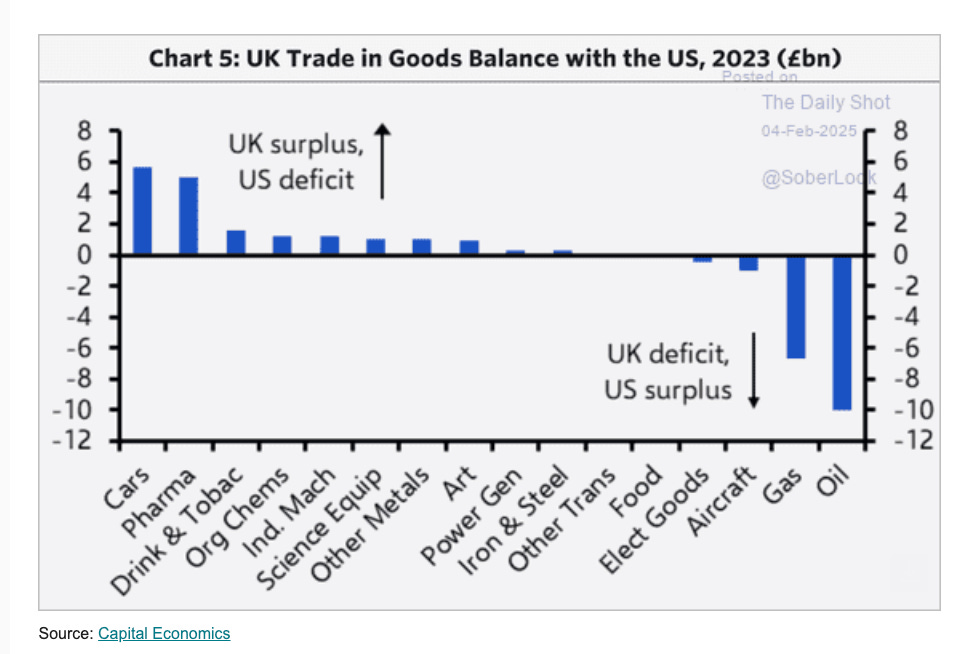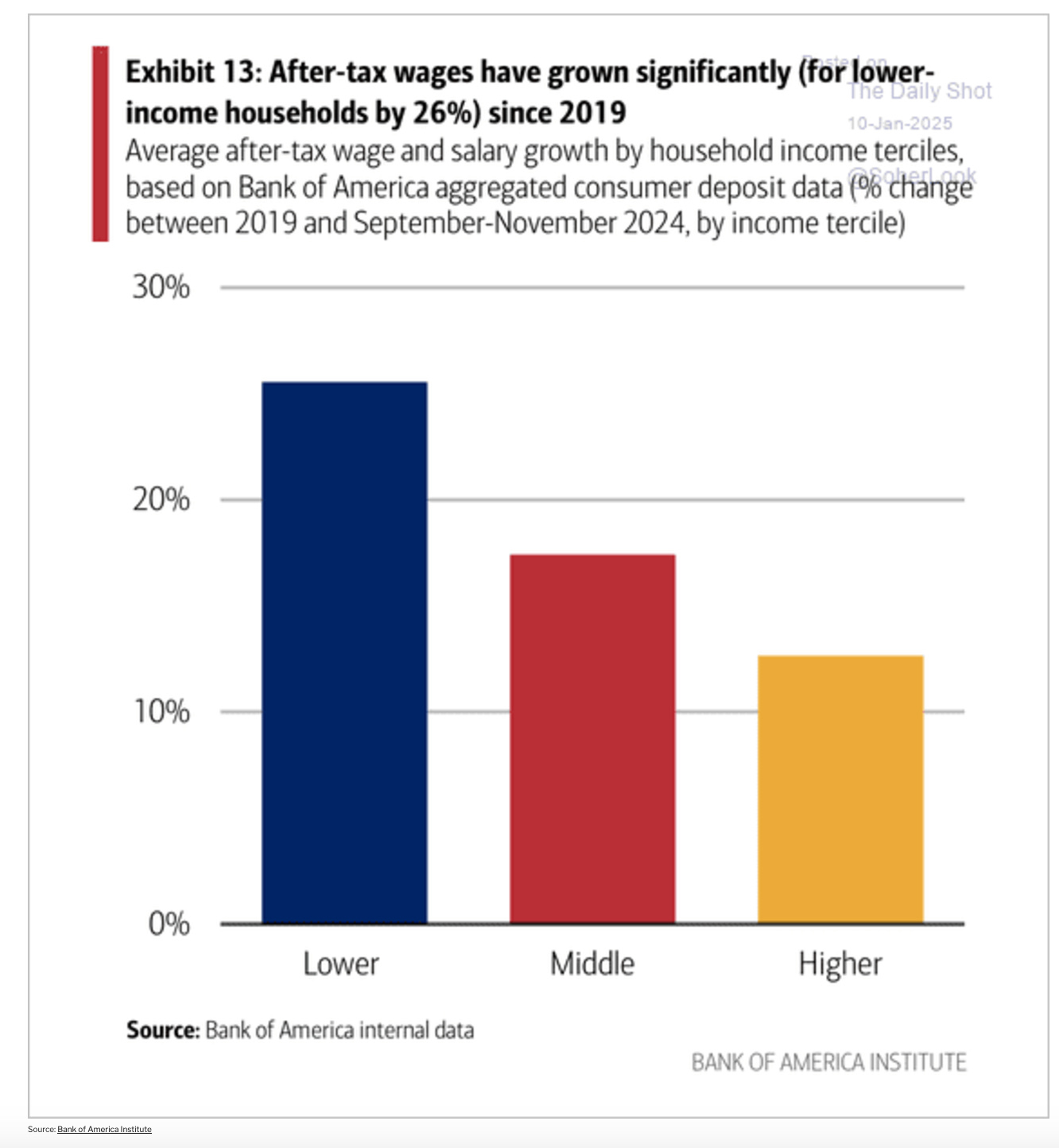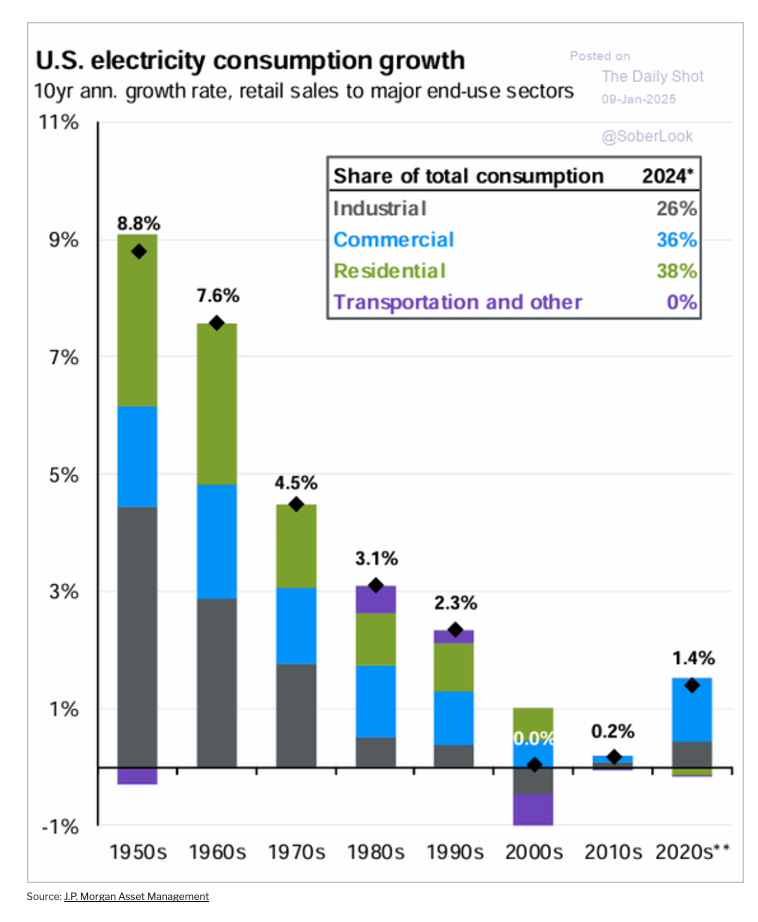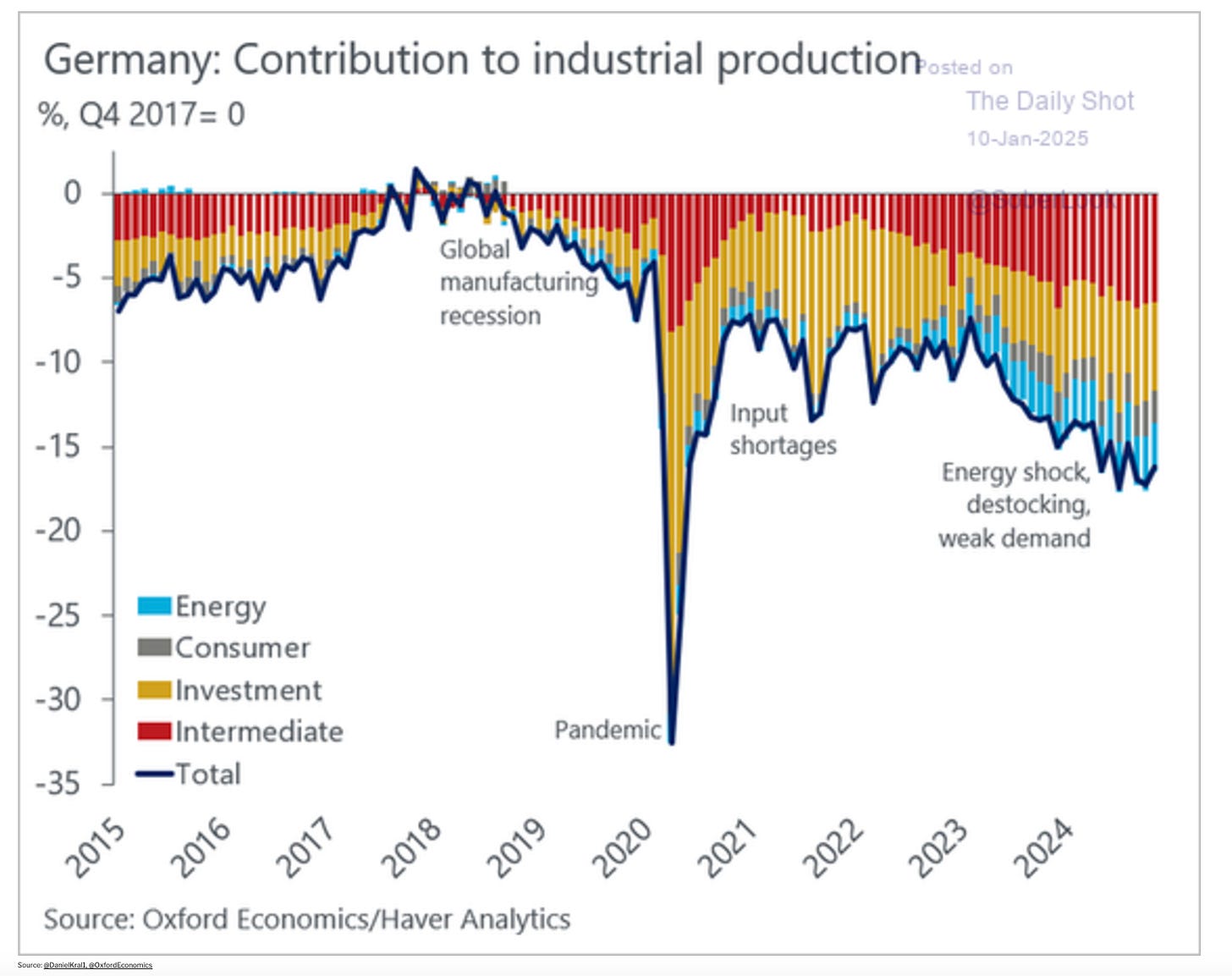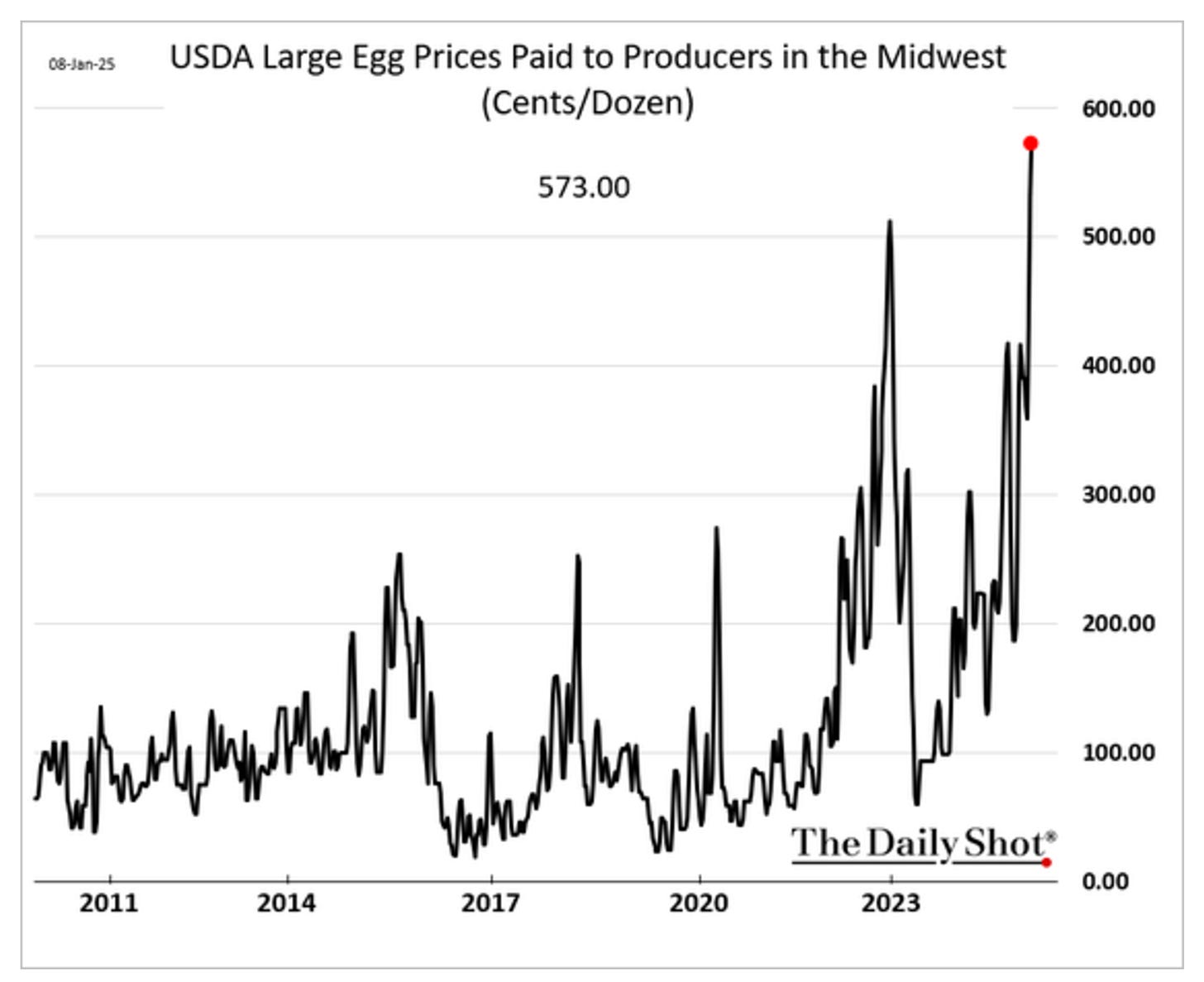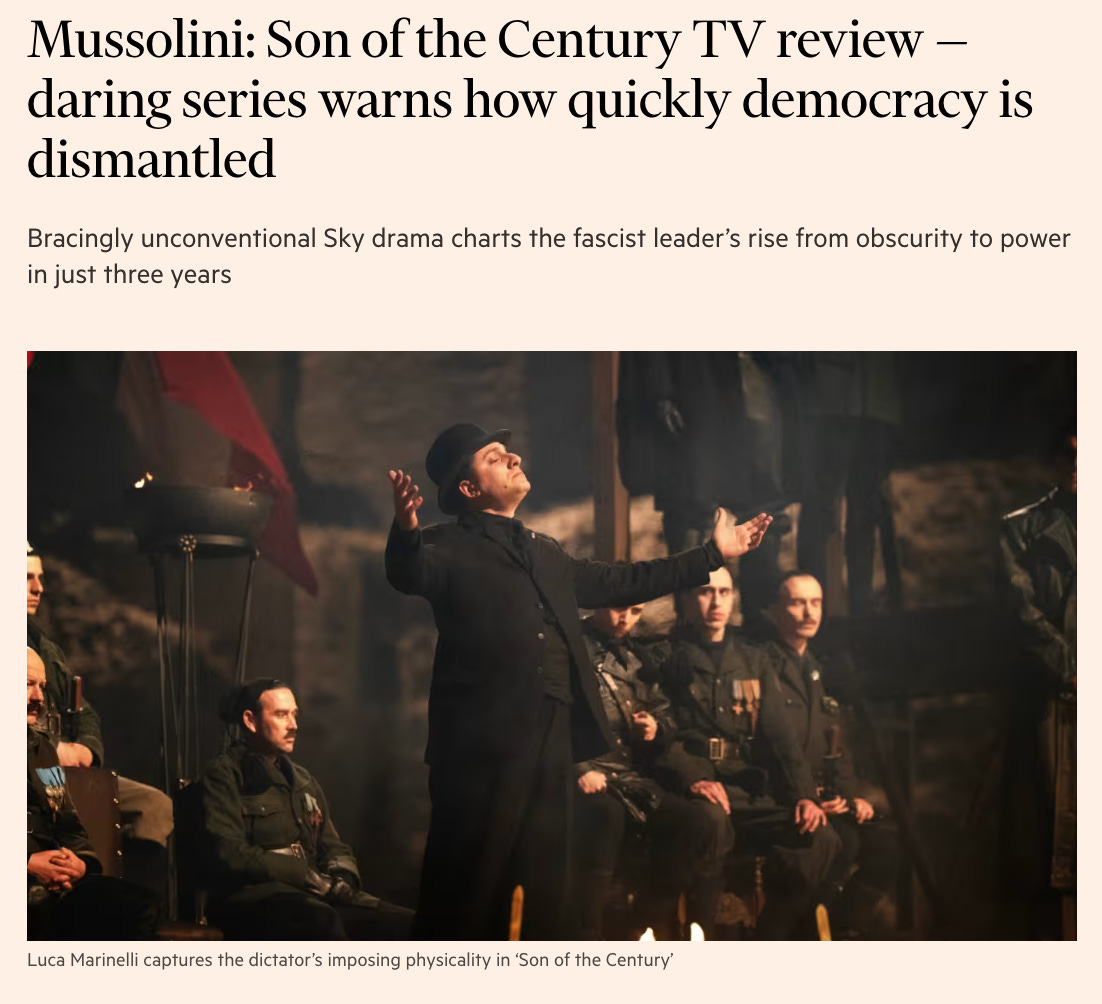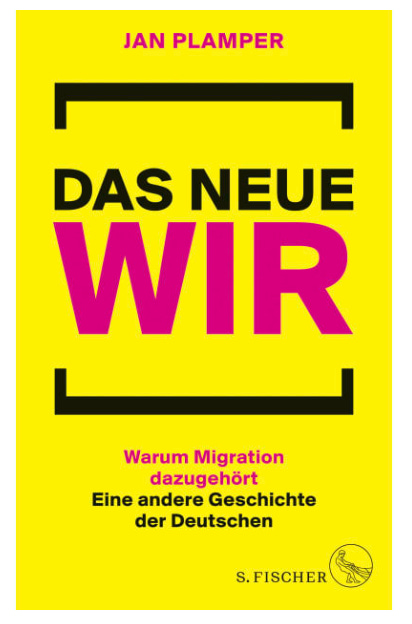The UK's trade deficit with the US. Low-income growth in the USA. How electrification stalled. "M: son of the century" and "The new us".
Great links, images, and reading from Chartbook Newsletter by Adam Tooze
Thank you for opening your Chartbook email.
Len Lye (New Zealand, 1901-1980). “Colour Flight” (1938 film). Source: Harvard Film Archive
The UK is the rare case of a country that runs a trade deficit with the US
The lowest third of US households by income have seen after-tax nominal wages and salaries increase by 26 percent since 2019 according to bank deposit data.
How electrification in the US lost momentum.
HEY READERS,
THANK YOU for opening the Chartbook email. I hope it brightens your day.
I enjoy putting out the newsletter, but tbh what keeps this flow going is the generosity of those readers who clicked the subscription button.
If you are a regular reader of long-form Chartbook and Chartbook Top Links, or just enthusiastic about the project, why not think about joining that group? Chip in the equivalent of one cup of coffee per month and help to keep this flow of excellent content coming.
If you are persuaded to click, please consider the annual subscription of $50. It is both better value for you and a much better deal for me, as it involves only one credit card charge. Why feed the payments companies if we don’t have to!
And when you sign up, there are no more irritating “paywalls”
The debt trajectory that has triggered the bond market panic in Brazil, is hardly dramatic.
For contributing subscribers only.
The slump in German industrial production is broadly based.
Congo sues Apple over blood minerals
The Democratic Republic of Congo filed lawsuits against Apple Inc. in France and Belgium accusing the company of using minerals “pillaged” from the central African nation in its products. Congo’s lawyers have initiated criminal complaints against the US tech giant’s subsidiaries in the two European countries “over the contamination of Apple’s supply chain” with “blood minerals,” according to a statement on Tuesday from Amsterdam & Partners LLP, a law firm working for Congo’s government. Eastern Congo, which is rich in tin, tungsten and tantalum — minerals widely used in electronics including the iPhone — has been wracked by conflicts involving its armed forces and dozens of militant groups for about three decades. The administration of President Felix Tshisekedi accuses neighboring Rwanda of fueling the violence and providing a conduit for traders to smuggle minerals and gold out of Congo. Rwanda has long denied the allegations. … Last year, Congo and Rwanda produced more than 60% of the tantalum used in the world’s portable electronics, according to the US Geological Survey.
Source: Bloomberg
Eggflation is hitting the US hard
Len Lye (New Zealand, 1901-1980). “A Colour Box” (1935 film). Source: Harvard Film Archive
Mussolini: Son of the century
On Friday millions of Italians are expected to tune in to Sky Italia, the Italian arm of Comcast, an American entertainment giant, to watch “M. Il figlio del secolo” (“M. Son of the Century”). The eight-part series depicts the rise to power of Benito Mussolini, the Italian fascist dictator. It is adapted from a historical novel by Antonio Scurati. His account is detested—and contested—by many who support the Brothers of Italy, the hard-right party of the prime minister, Giorgia Meloni. The series bucks a trend. Other media conglomerates recently appear to have become friendlier towards right-wing populism. Last year RAI , the state-owned broadcaster, prevented Mr Scurati from reading a monologue on the network in which he accused Ms Meloni of failing to thoroughly repudiate fascism. Libero, a right-wing daily, said the TV version of his novel had “all the defects of the author”. Expect further controversy as the series progresses.
Source: The Economist
M: Son of the Century TV Review
Source: FT
The “New Us”: Why migrants belong. A German history.
Long a neglected field of historical study, the history of migration in Germany has become a major growth area in this century, and especially since the refugee crisis of 2015–2016. In those two years, Germany took in over a million refugees, mainly from Syria and Afghanistan, and interest in the history of migration in Germany boomed. Since then, numerous monographs on various aspects of migration in German history have appeared in English and German, and many more are in the works. In recent years, a number of historians either coming from or living in Germany or Austria have produced works of synthesis that seek to take stock of the wider history of refugees, political asylum, and migration in Germany, such as Philipp Ther’s expansive The Outsiders: Refugees in Europe since 1492 (2019), which features extensive coverage of Germany, and Patrice G. Poutrus’s important critical history of asylum in postwar Germany, Umkämpftes Asyl: Vom Nachkriegsdeutschland bis in die Gegenwart (2019). Although not a synthesis, Maria Alexopoulou’s Deutschland und die Migration: Geschichte einer Einwanderungsgesellschaft wider Willen (2020) also takes a wide remit, focusing on how racism shaped German migration policies and foreigner’s experiences in Germany from the late nineteenth century through the early twenty-first century. … Jan Plamper entered this conversation with We Are All Migrants: A History of Multicultural Germany, a book that received substantial media attention in Germany when it was first published in German in 2019. While it is certainly a work of scholarship, it was written more as a political intervention than as a traditional research monograph. … Plamper argues that migration in postwar Germany has been a success story, because of what immigrants have achieved in Germany and also because of the pro-migration activism of some German individuals and civil society groups over the course of decades (225). … while many scholars focus on migration from Turkey, Plamper devotes substantial attention to migration from Eastern Europe and Russia, and particularly on the voluntary and forced migration of ethnic Germans from these spaces. …. the author argues that Germany needs a broad and inclusive, but emotionally satisfying, collective identity that can encompass the multiple identities that all people have. He suggests that postnational identity is an elite project and that multiculturalism without a unifying collective frame is insufficient. He contends that having no sense of German identity, which he claims is a legacy of Nazism, means that there is nothing to bind German society together, leaving an emotional hole that some immigrant-sending countries, especially Turkey and Russia, can exploit. He proposes the creation, through democratic initiatives, including legislation, of a collective identity that he calls the “New We,” which is the title of the book in German (Das neue Wir: Warum Migration dazugehört. Eine andere Geschichte der Deutschen). He fleshes this vision out in some detail, but ultimately, he envisions something like the salad-bowl model of immigrant integration, in which “many identities come together in a large bowl where they coexist but are kept together by the bowl itself” (224).
Source: Christopher A Molnar on Jan Plamper. We are All Migrants: A History of Multicultural Germany, The American Historical Review, Volume 129, Issue 4, December 2024
Len Lye (New Zealand, 1901-1980). “A Colour Box” (1935 film). Source: Harvard Film Archive
If you’ve scrolled this far, you know you want to click:





